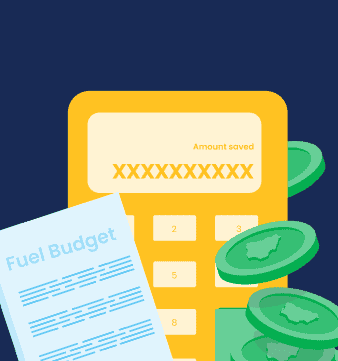How solar has helped Adedamola Save Money: A Remote Worker - Part 1
Five ways clean energy benefits Nigerian businesses
May 8, 2024 3 minutes

Being a business owner or a remote worker without stable light is second to none on the list of frustrating things anyone can experience, but that is the experience of most, if not all, Nigerians.
With nothing less than five national grid collapses, countless load shedding and fuel scarcity episodes last year, it’s easy to see why Nigerians need an alternative source of power to enjoy electricity for longer hours and live a more comfortable life in 2023.
Nigeria’s history with poor power supply goes as far back as its inception. That explains why in moments when power is available for a longer-than-usual period (which isn’t so much of an extended period, i.e. 18 hours), Nigerians are quick to share their scepticism and fear on social media.
In 2021 the World Bank reported that over 78% of electricity consumers in Nigeria received less than 12 hours of electricity supply daily. The federal government refuted the report by insisting that power distribution had steadily improved. However, the energy situation in 2022 proved that power distribution hadn’t improved as much.
With the presence of generators, it is still difficult for everyday Nigerians to rely on them due to the rising costs and never-ending fuel scarcity.
According to this report from the Nigerian Bureau of Statistics, the average retail price of diesel in September 2022 was N789.90 per litre, an increase of 210.20% from N254.64 per litre recorded in September 2021.
Currently, petrol is sold on average at 350 per litre. The soaring cost is putting holes in pockets of businesses and homes. With the federal government’s plans to remove fuel subsidy in June 2023, one can only imagine how frustrating things would be.
Other alternatives like solar may seem unachievable as it is believed to be costlier and more challenging to manage than generators, but with the flexible payment plans from SunFi, it’s 100x easier and cheaper for anyone to enjoy solar power. SunFi’s payment plans enable people to pay small small in 3- 36 months to own quality solar systems.

Aside from being cheaper to acquire with SunFi, there are several other reasons you should choose solar this year.
- Zero release of harmful fumes. The gas released from the exhaust fumes in generators, carbon monoxide, is dangerous and can be linked to some life-threatening problems such as pneumonia, heart attacks, and cancer. With solar, there are no associated air pollution emissions.
- Fuel price will increase after subsidy removal. Currently, fuel is sold at N 350/litre on average and will be sold at 462 Naira per litre after the fuel subsidy removal in June 2023. With the high fuel costs and subsidy removal, it will become more challenging for businesses and households to buy fuel and run generators for longer hours. However, with solar, you can stay protected from these costs.


